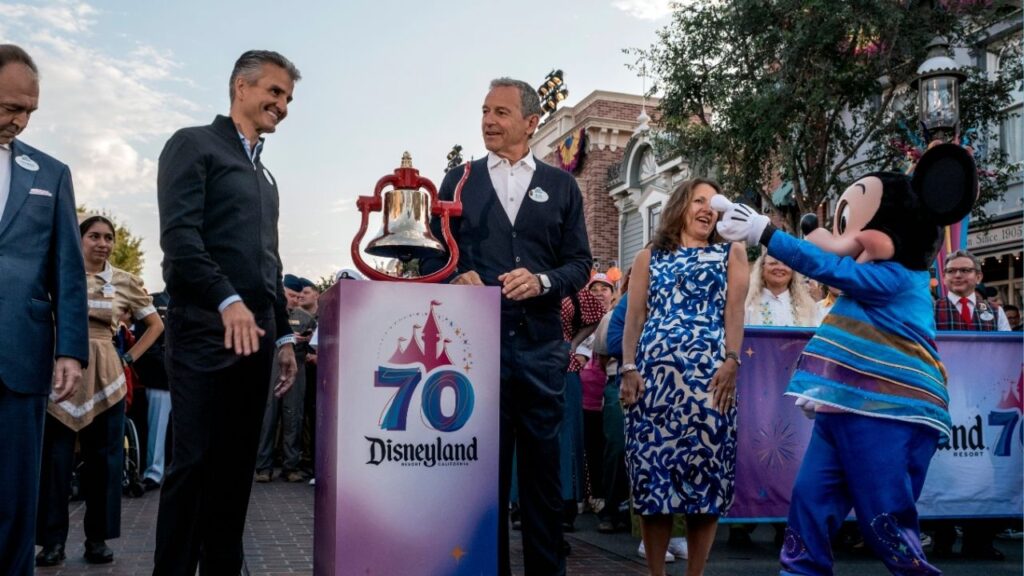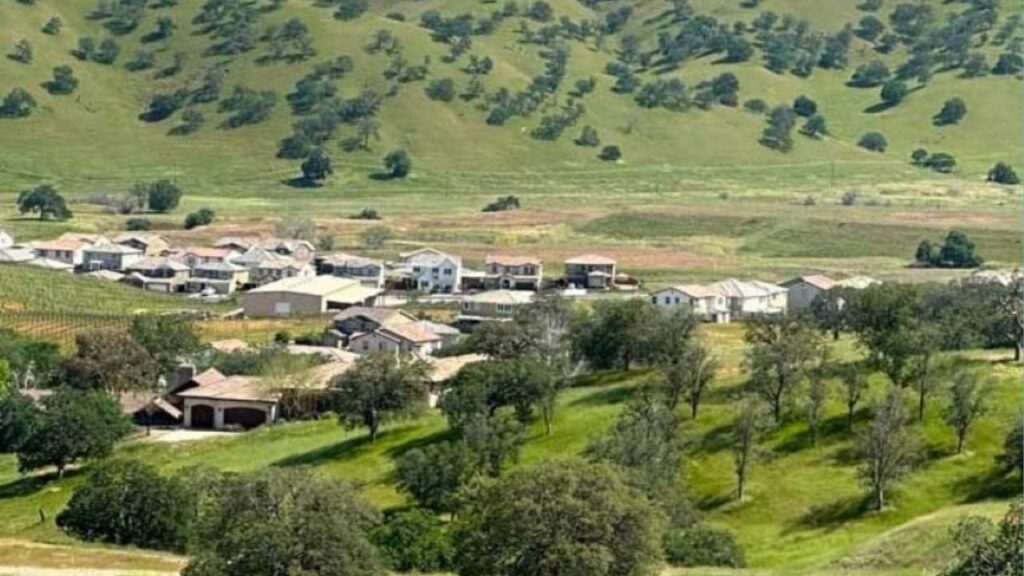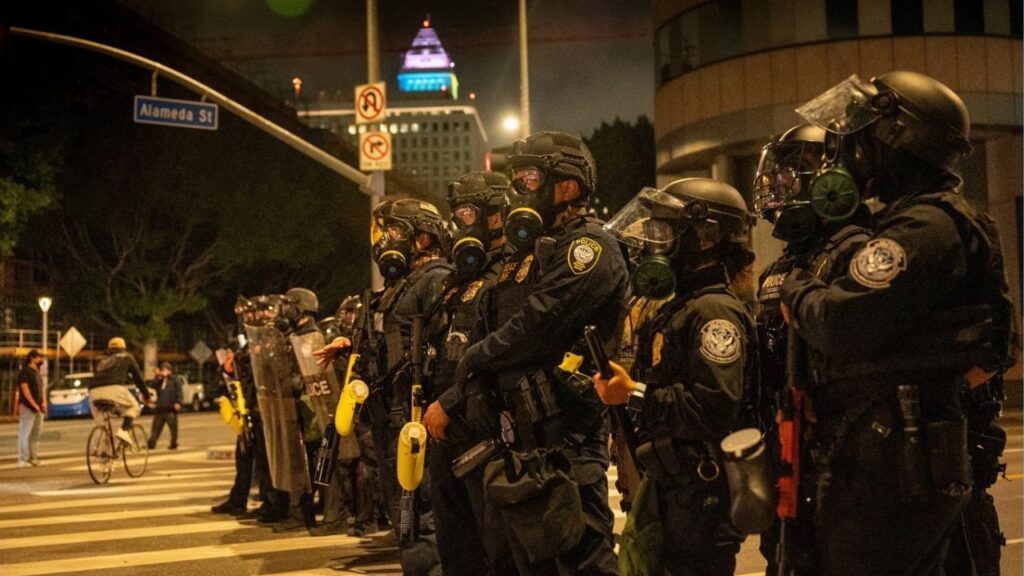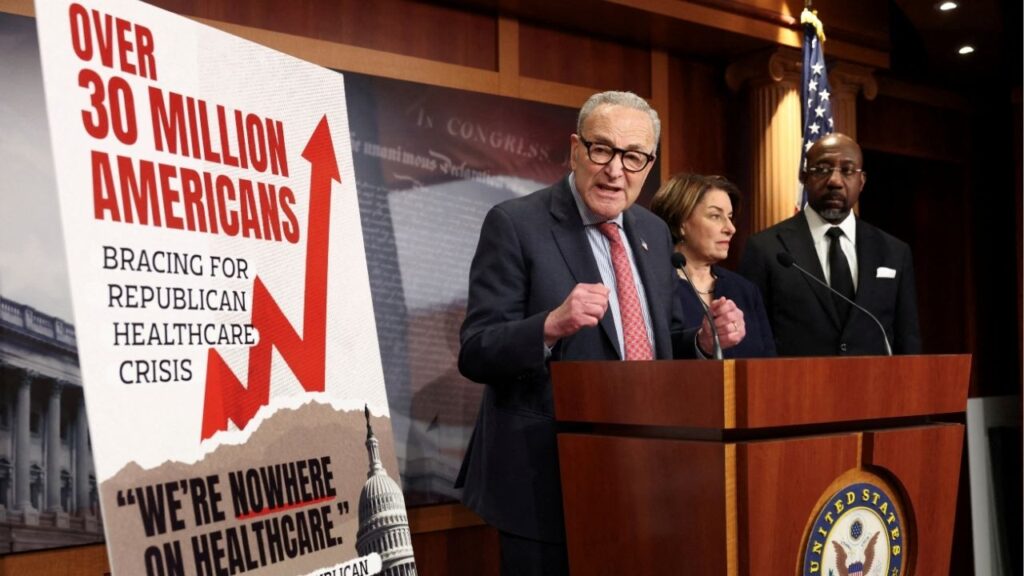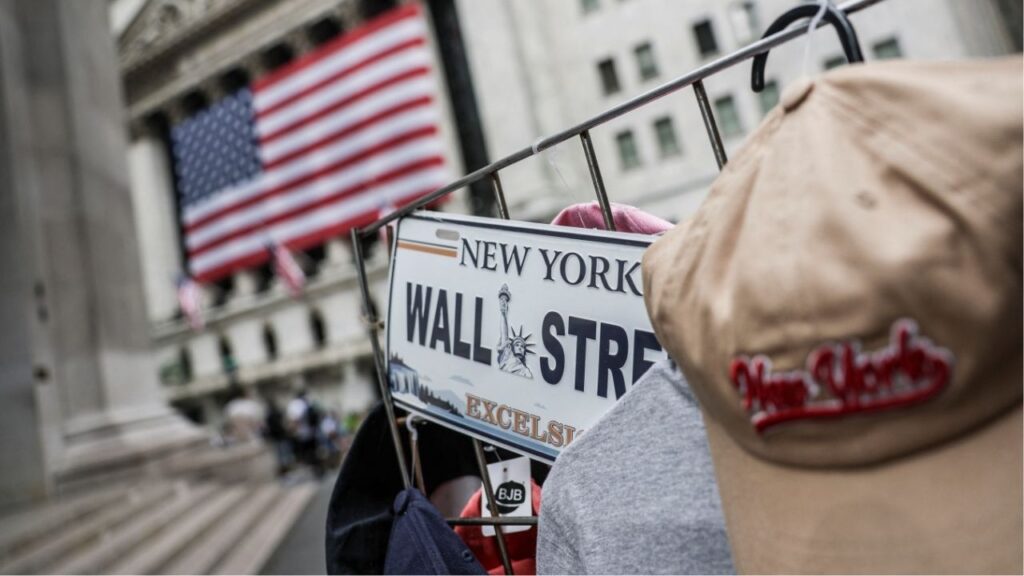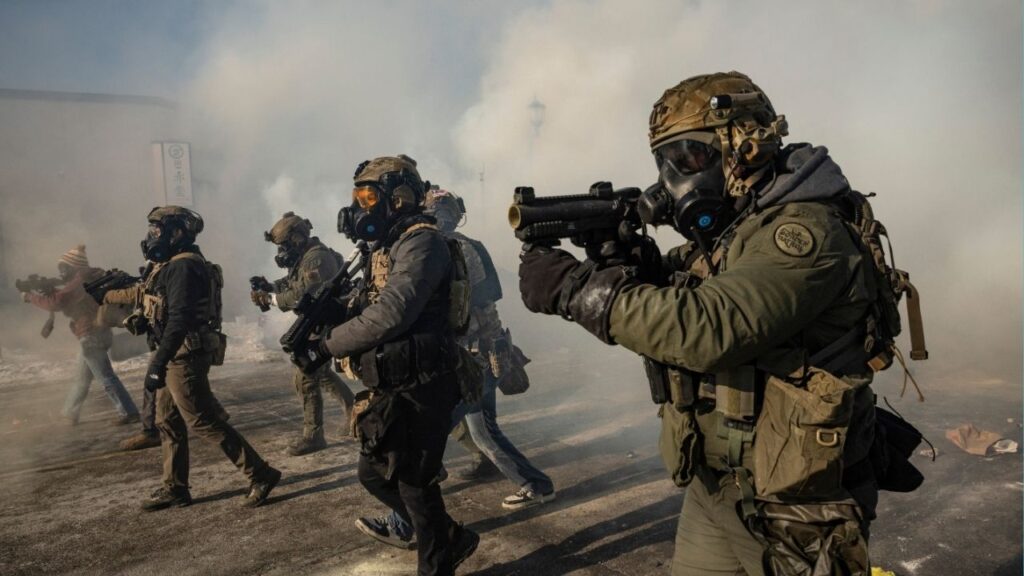Share
Luis Chavez wants to make sure businesses are treating their workers fairly. He wants to start by mandating hazard pay for grocery workers.
Chavez’s plan is to require larger grocery stores to pay their workers an extra $3 an hour. They can’t Zoom to work, and they have limited access to personal protection equipment, he said.
The Fresno City Council debated Chavez’s plan at Thursday’s meeting.
The discussion also centered on the responsibility of employers who have received pandemic help from the government.
“For those folks that took government money, PPP loans — that have monopolies staying open that did very well — there really, to me, is no reason for their employees to get sick and not have that ability to take care of their families,” Chavez said.
Most of his Fresno City Council colleagues agreed. But, Mayor Jerry Dyer wasn’t convinced.
The item was set for discussion only on Thursday with a vote set for a future council meeting. Chavez’ ordinance is labeled as an emergency, which would require five votes to pass — the same number needed to override a mayoral veto.
Dyer Against a Mandate
“I don’t believe that companies should make millions of dollars off the backs of hard working people. And I do believe good companies engage in some form of profit sharing and bonuses.” — Mayor Jerry Dyer
Dyer expressed doubt that mandating hazard pay was the right move for a municipal government.
He said placing unfunded mandates on a private business “cross the line.”
“My biggest concern is that we do end up having businesses close in our community,” Dyer said in the council’s meeting by Zoom. “I want to make sure that whatever we do doesn’t become a pas- through where food prices increase.”
Instead, Dyer said he would support a resolution encouraging a profit-sharing arrangement.
“I don’t believe that companies should make millions of dollars off the backs of hard working people. And I do believe good companies engage in some form of profit sharing and bonuses,” Dyer said.
Council Generally Supports
“We don’t mind when we’re sitting here in our throne at City Hall mandating the private sector come up with (hazard pay) because they’re all rich people and have profits. It’s a slippery slope.” — Councilman Garry Bredefeld
Five other councilmembers indicated support in some fashion.
“These people that we call heroes with our words, but not with our actions. And at the end of the day, we have to remember that corporations are not people. People are people. And we cannot lose sight of that,” Councilman Tyler Maxwell said.
Councilmembers Nelson Esparza, Esmeralda Soria, Miguel Arias and Mike Karbassi also made comments in support of the ordinance.
Garry Bredefeld, the councilman representing northeast Fresno, provided an argument in opposition.
He called the ordinance arbitrary, saying all workers are essential. He said there is a likelihood that the prices will increase and be passed to consumers.
“We don’t mind when we’re sitting here in our throne at City Hall mandating the private sector come up with (hazard pay) because they’re all rich people and have profits. It’s a slippery slope. It’s one we shouldn’t be going down,” Bredefeld said.
Arias countered that the city isn’t arbitrary when it provides benefits for Amazon to build a facility, but not other companies.
“Is that arbitrary (or) discriminatory because we didn’t give it to a brick and mortar company like Target or Grocery Outlet? Should we not have done that because we didn’t give it or make it available to all businesses? No,” Arias said.
Expanding Coverage to Other Workers?
Soria broached the idea of expanding mandated hazard pay to other groups, such as factory workers. She specified Foster Farms and Amazon.
According to the city’s emergency orders, workers at least 20 different industries are considered essential employees.
Karbassi wanted the council to “stay focused.”
“When we start wanting to target people because they’re profitable. I think that’s pretty obtrusive,” Karbassi said. “We want to make sure we don’t want to have a death by a thousand cuts on this conversation.”
He hoped that the city could provide its employees with hazard pay.
Dyer said bonuses for city workers is a possibility.
“We can compensate our employees one time — the essential workers, the people who have been out there being exposed to COVID and have exposed their family to COVID,” Dyer said.
The money, he said, could come from the federal American Rescue Plan, currently being debated in Congress.
RELATED TOPICS:
Categories
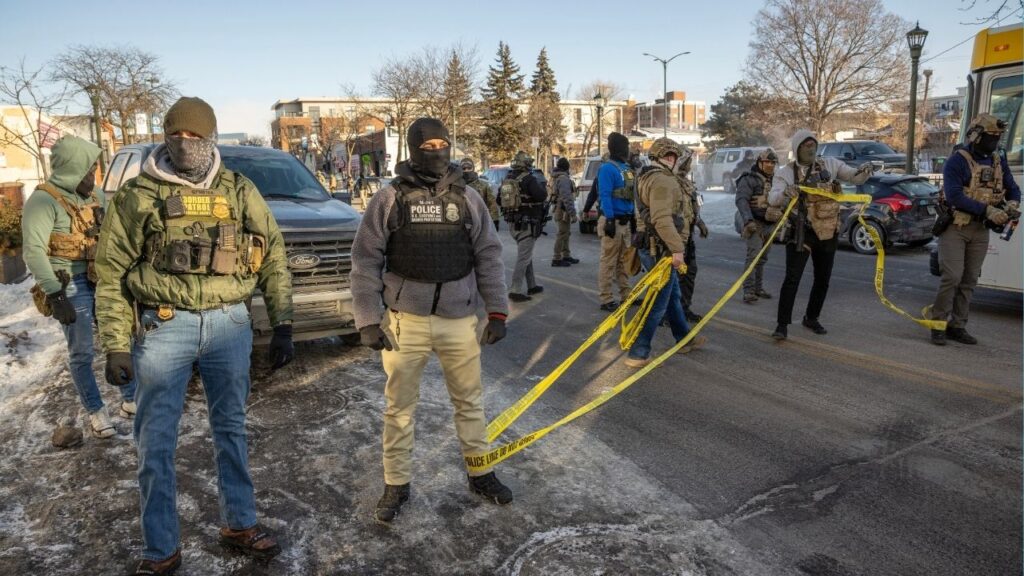
Polls Show Strong GOP Support for Trump on Immigration
